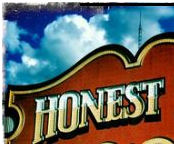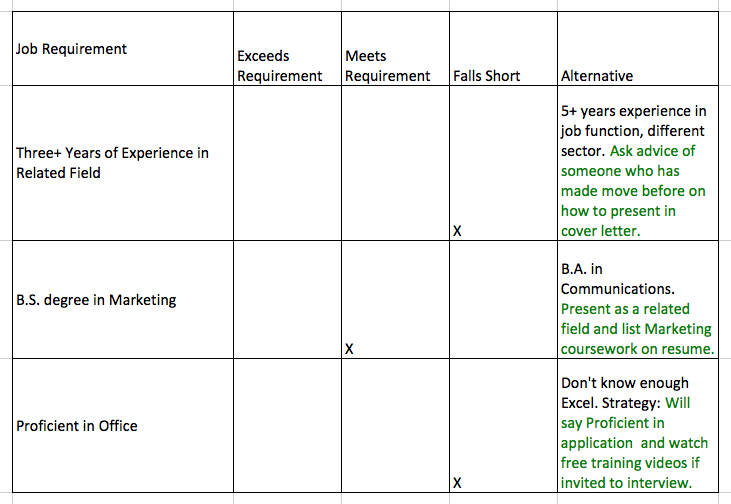How to Write the Perfect Cover Letter
Let’s talk cover letters. If you’re like most people I know, you enjoy writing cover letters about as much as you like going to the dentist – or, worse yet – going in for a root canal. Finding the right words to describe how your skills fit with a job can be cumbersome – just like taking dental x-rays from odd angles with foreign objects in your mouth!
But cover letters don’t have to be awkward. The very best cover letters showcase your fit for a job and say why you are interested in working for an organization – all while providing your prospective employer with a glimpse of your personality and talent. (You can spot a bad cover letter quickly if all of the sentences start with “I.”)
The very best cover letters showcase your fit for a job and say why you are interested in working for an organization – all while providing your prospective employer with a glimpse of your personality and talent. (You can spot a bad cover letter quickly if all of the sentences start with “I.”)
Here’s a foolproof way you can write a great cover letter in 30 minutes or less: Anticipate the questions employers will have for you, and answer them.
Recruiters and hiring managers want to know the answer to 4 questions:
1. How did you hear of the job?
This may seem like a silly interest since it has little to do with you, but employers want to know how you learned about the job – it tells them if their advertising is working.
2. How do you meet the position requirements?
Because employers often hire for more than one position at a time – it never hurts to briefly summarize the job requirements before showcasing your experience.
3. Why are you interested in the job?
Although it may not often seem like it, employers are as eager to hire employees who want to work for them as you are to get a job. You need to go beyond “I need a job” and state what particularly interests you about the company and the position.
4. Will they like you?
Do you say thank you? Is your overall tone friendly?
Here’s how this looks in a letter:
Your Address (Leave name and cell phone off the top of your letter)
City, State Zip
Today’s Date
Person’s Name
Title
Organization
Street Address
City, State, Zip Code (Or Country)Dear Search Committee:
Through my friend (insert name or other source of job listing), I learned that (company name) is accepting applications for a (insert position title). I write to apply for the position.
Based on the position description, I understand you are looking for someone who can do (insert one job function/responsibility), (insert another responsibility) and (insert another responsibility). I offer you a demonstrated ability to perform these tasks as can be seen through my work with (insert name of past employer). In this role, I (summarize relevant experience here).
I am especially interested in working for you due to (insert reason other than high pay or free lunch, show you’ve looked up the company). This opportunity also is a strong match for my career goals of (provide information that relates to the job opening and if appropriate share a brief example of how the position matches your interests.)
Thanks in advance for your consideration and I look forward to hearing from you soon.
Sincerely,
Name
And that’s it: short, sweet and to the point.








